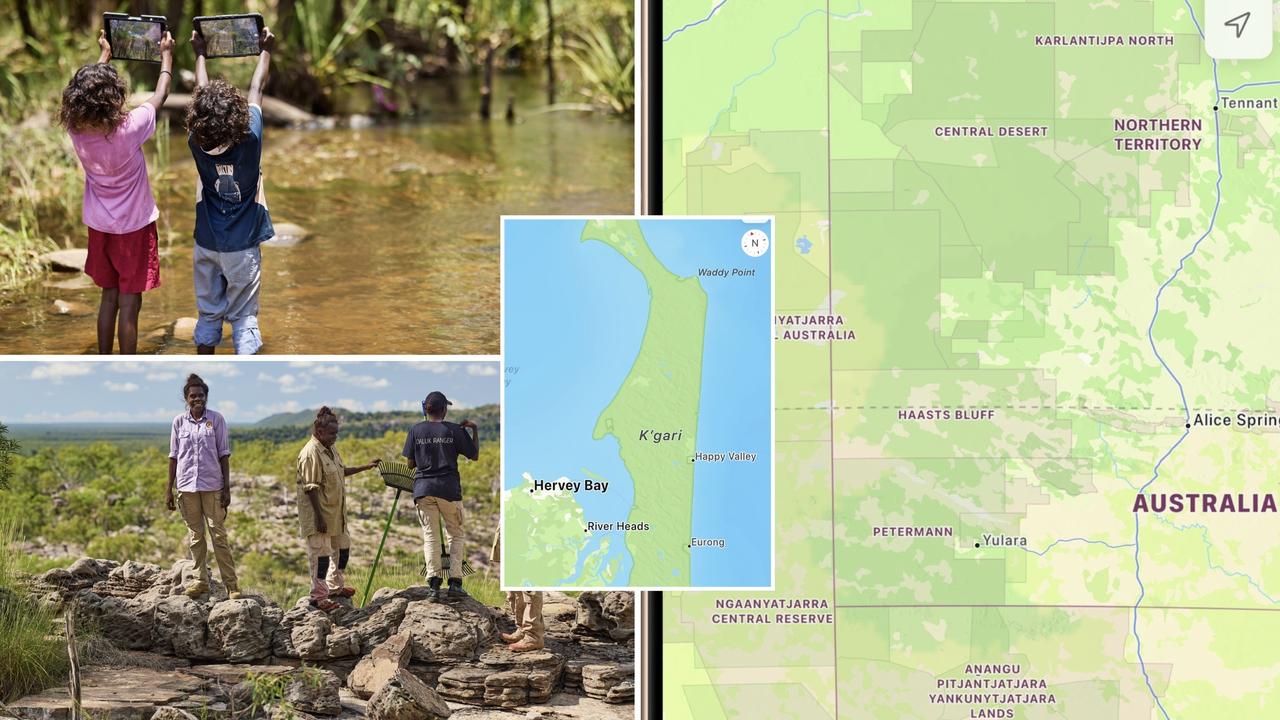Fine-dining Patagonian toothfish behind mystery of Trump’s ‘penguin’ tariff
One of the more unusual items on Trump’s tariff list was a small group of Antarctic islands that are home solely to penguins. But it turns out there’s more to the situation.
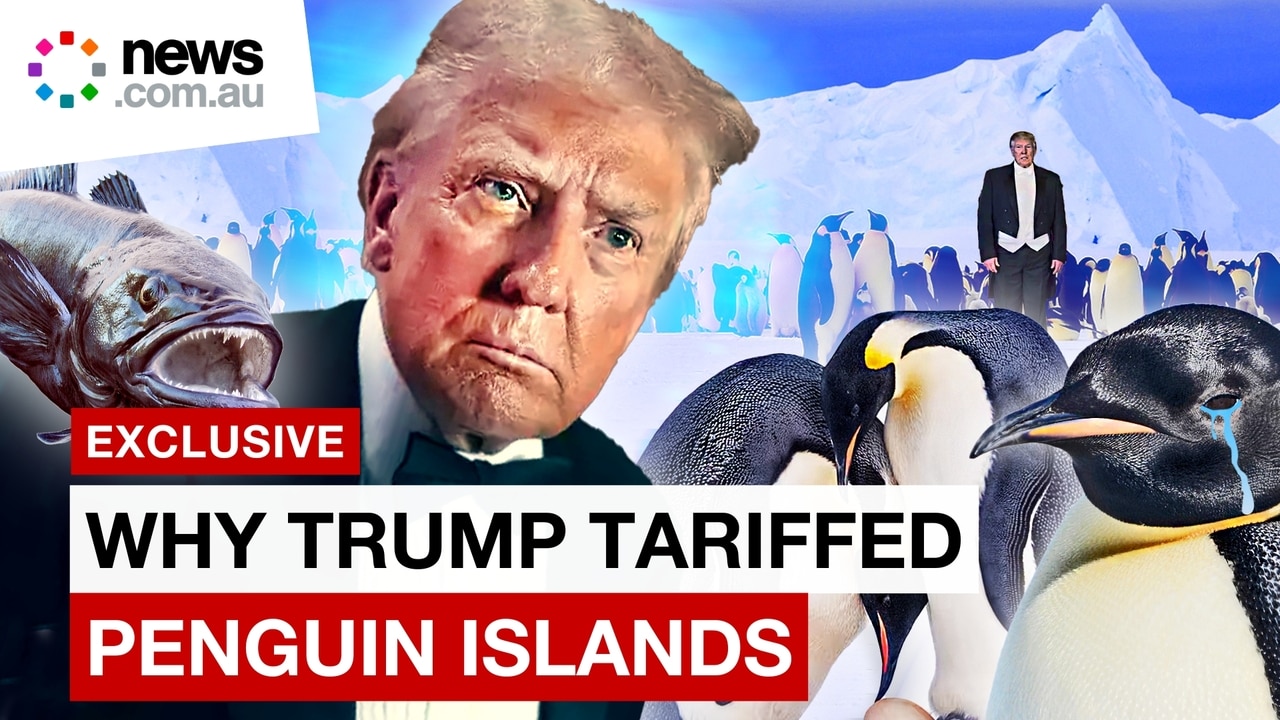
Sustainability
Don't miss out on the headlines from Sustainability. Followed categories will be added to My News.
One of the more bizarre inclusions on Donald Trump’s naughty list of nations to be tariffed on Wednesday was a small collection of Antarctic islands inhabited only by penguins, sparking widespread ridicule online.
But it turns out there’s a little bit more to it than that.
While the feathered inhabitants of Heard and McDonald Islands may not charge the US 10 per cent tariffs, as suggested by the President’s chart, America does in fact import a small amount of fish caught there – mainly the high-value Patagonian toothfish, as well as the Mackerel icefish.
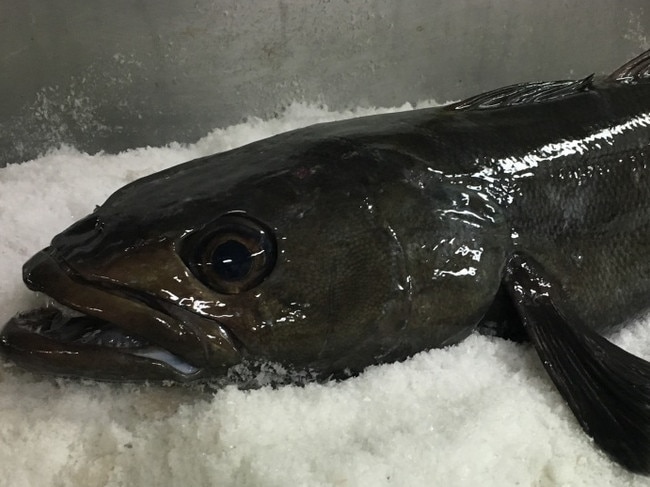
The Territory of Heard Island and McDonald Islands (HIMI), 4000 kilometres southwest of Perth, is managed by the Australian Antarctic Division while the surrounding fishery is under the control of the Australian Fisheries Management Authority, which sets a strict quota of a little over 2000 tonnes per year.
The fishery is operated by two Australian companies, Austral Fisheries in Perth – which catches both species – and Australian Longline in Hobart, which only sells the toothfish.
“For our company probably two thirds on average will go to the US,” Australian Longline managing director Malcolm McNeill told news.com.au on Friday.
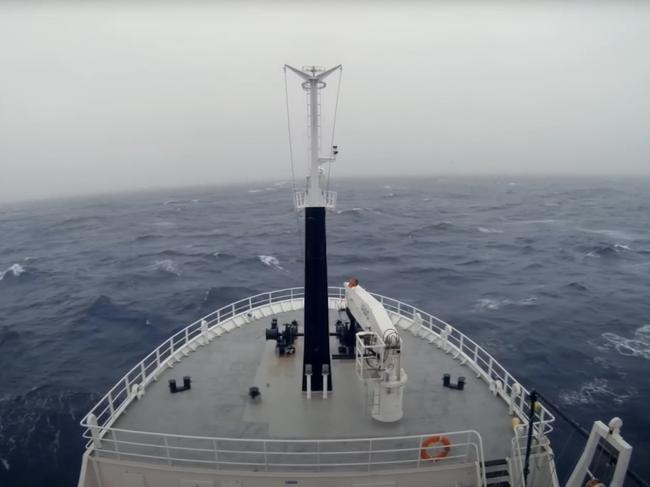
The US and China are the two main markets for Patagonian toothfish globally, accounting for roughly “50-50”, with American consumers preferring the larger fish and the smaller typically going to the Chinese market.
Mr McNeill said the company was “obviously aware” of the 10 per cent tariffs announced by Mr Trump “and we’re still like everyone else, getting our heads around it”.
“Until the dust has settled, so to speak, it’s a bit of watch and wait,” he said. “Obviously there will be an impact if the 10 per cent does stick. Where does that get covered, is that from the consumer or us, we don’t know yet.”
He added, “I’m not panicking about it, but what I do know is if you look globally at other operators that catch toothfish we’re probably in a better space than a lot of those.”
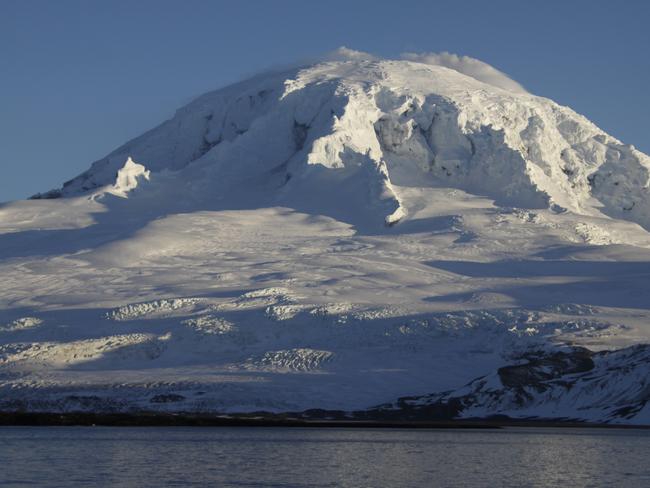
Official US trade data is sketchy, showing only sporadic imports categorised from Heard and McDonald Islands, with zero in some years just a few thousand dollars worth in others.
Mr McNeill would not disclose the dollar value – and noted the price depended on the size of the fish – but said the total 2000-plus tonne annual quota was worth “millions”.
Austral Fisheries chief executive David Carter said the total production value was “in the order of $50 million to $60 million”.
Patagonian toothfish is popular in fine-dining but also increasingly sold via retail channels.
“Why does the US chef love it? He loves it because they can do anything they want with it,” Mr McNeill said. “It’s really to do with the flesh. It’s very white, because of the very high oil content it’s very hard to overcook, and it has quite a distinctive flavour – when you eat toothfish you know you’re eating toothfish.”

Mr McNeill said Heard and McDonald Islands, which takes 15 days to reach from Hobart and about nine days from Perth, was “not a fun place” due to the “extreme” weather conditions.
“We’re prohibited from even getting close to the islands because of the protection status,” he said.
Mr Carter said his company, which markets the toothfish under the brand name Glacier 51 to high-end chefs including Qantas First Class and Nobu Group, had a “pretty significant” domestic Australian market and exported to around 20 different countries, with one third to one half going to the US.
“So it’s meaningful,” he said.
“We still face significant tariff barriers into the EU but we have had some tariff relief under the UK free-trade agreement, so potentially some room for us to grow. It’s certainly not ideal. There’s no way this fish would be replaced by any US production so the idea of really punishing American consumers by levying these tariffs is a bit odd.”
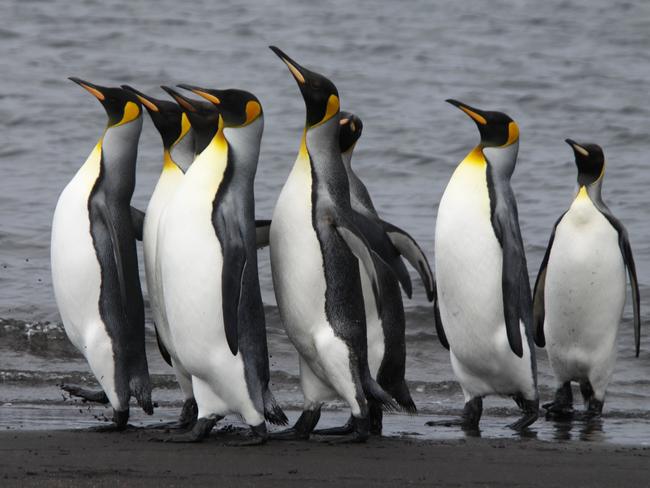
With the winter fishing season only starting this week, Mr Carter said Austral Fisheries wouldn’t land fish until around June, giving the company some time to assess the impact. Austral sells mainly to a single US importer based in New York.
“There’s not the room for us to just absorb the extra cost,” he said.
“It’s not like we can just drop our prices 10 per cent so everything’s business as usual, it is quite competitive. Ultimately our customers would just decide whether they can afford the tax. Maybe you lose some of the retailers and stay in some of the more high-end restaurant space where you can carry the premium a bit better. We really are in uncharted territory.”
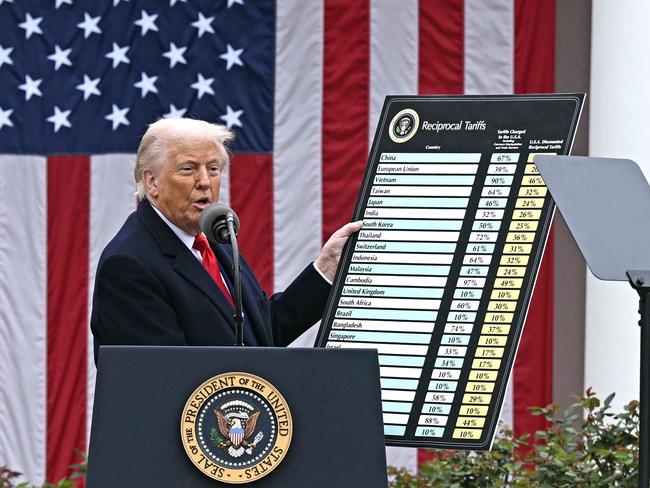
Mr Trump on Wednesday announced the US would slap a baseline tariff of 10 per cent on all imports to the US, with additional “reciprocal” tariffs on certain countries at “approximately half” their existing rate of levies, which the White House claims it calculated to include “currency manipulation and trade barriers”.
Declaring a “national economic emergency”, the President said the tariffs were needed to address the “large and persistent annual US goods trade deficits, which have grown by over 40 per cent in the past five years alone” to the point America imported a record $US1.2 trillion more than it exported in 2024.
“Foreign nations will finally be asked to pay for the privilege of access to our market, the biggest market in the world,” Mr Trump said in a speech from the White House’s Rose Garden.
World leaders reacted with fury, with Prime Minister Anthony Albanese saying US tariffs on Australian exports were “unwarranted” and “not the act of a friend”.
“A reciprocal tariff would be zero, not 10 per cent,” Mr Albanese told reporters on Thursday, adding the levies “have no basis in logic” and “go against the basis of our two nations’ partnership”.
Australia and the US have had a free-trade agreement since 2005.
Originally published as Fine-dining Patagonian toothfish behind mystery of Trump’s ‘penguin’ tariff
Read related topics:Donald Trump





